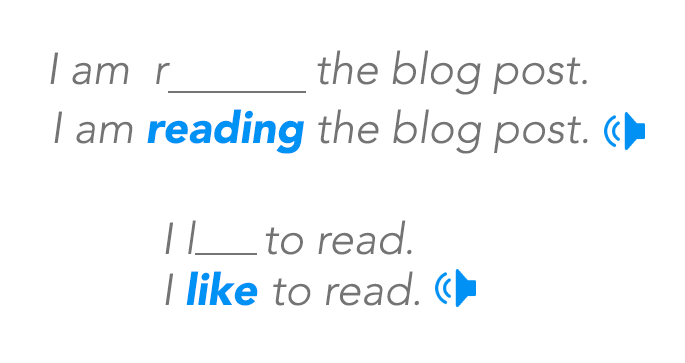When I first started learning Chinese in 2005, I begun with the most basic phrases that you need to navigate daily life. These first 100 or so phrases which are frequently used in normal conversation are straight forward first goals, after after that I started expanding my vocabulary. Then through interacting with Chinese people as often as possible and reading Chinese text meant for everyday readers, after a few years I started to feel comfortable expressing myself.
Over the last few years, my routine for advancing my Chinese has been:
- Reading source materials in Chinese, usually online blogs, but occasionally magazines which I buy at a corner newsstand. Words or sentences which I don’t understand get added to a list which I later review. If I’m reading physical text, I’ll input or scan words I don’t know into Pleco, and then export them to Anki (which is explained below). Or if I’m on my laptop, I’ll save words and sentences straight into Anki.
Some of the sites which I check daily to mine words and sentences: New York Times (in Chinese), 爱范儿 (tech blog), 游戏葡萄 (game industry blog), 虎嗅 (popular culture). - Daily review of word and sentence lists, using flashcard software called Anki which using an SRS (Spaced Repetition) algorithm to accelerate the process of committing the cards to deep memory.
Over the last year I’ve been using another tool, a dictionary called Youdao (有道) which provides example sentences, and adding those to the flashcards, often along with an image which serves as a mnemonic. All of this sounds like a lot of work, right? It is. I read more than one book on the subject (the best was Fluent Forever) to develop this workflow. If you want to read the TL;DR version of sentence mining, check out this post. Some of the sites I use for sentence mining are 句酷 for Chinese, Tatoeba.org all languages, and Jisho.org for Japanese.
But maybe you’re not interested in taking the time to do all that. There is an easier way.
Learning Through Sentences
What use is a vocabulary list that you commit to memory? Not very useful, because people speak in sentences. This is why I have come to strongly believe that once you exit the beginning stages of learning a language, sentences are the best unit of study to focus on. When we’re using flashcards, a specific type of sentence is best: a cloze sentence. According to Wikipedia:
A cloze test (also cloze deletion test) is an exercise, test, or assessment consisting of a portion of language with certain items, words, or signs removed (cloze text), where the participant is asked to replace the missing language item. Cloze tests require the ability to understand context and vocabulary in order to identify the correct language or part of speech that belongs in the deleted passages. This exercise is commonly administered for the assessment of native and second language learning and instruction.
The word cloze is derived from closure in Gestalt theory. The exercise was first described by W.L. Taylor in 1953.
Since reading Fluent Forever and internalizing this belief, I’ve “mined” thousands of Chinese language sentences, from the blogs and magazines described above, into the Anki flashcard software. Then I hide words from the sentences: verbs, nouns, adjectives, particles, and then study those.
Here’s an example of what this looks like with an English sentence.

As the hidden element is revealed, an audio file plays and I hear the sentence in the target language. The process is repeated dozens of times and the software remembers which are remembered and which are not and sorts them automatically. Once you get into the swing of this, you go through them fast. I’m reviewing several hundred cards per day at about 1.5 – 2.0 seconds per card.
Cloze Master
Recently a friend named Luke (co-founder of Mandarin Blueprint) brought a website called Cloze Master to my attention. It’s a website which has thousands of languages in dozens of language and makes all of the above easy and accessible. You don’t need to download or configure Anki, mine sentences, or manage word lists. Just register, specify your language, select a skill level, and start studying. Like the cards which I create in Anki, Cloze Master has audio to accompany all sentences, supports custom lists, and supports text input. It has gamified the process with a level-up system, too.
An important thing to note is that this sentence based approach is not as effective for beginners. You should be at the level where you can have basic conversations in the target language because these methods teach grammar implicitly, through exposure and repetition.
If you’re learning a language, try focusing on sentences and see how it suits you. Anki is the best software for a committed learner, but Cloze Master is so easy and functional that I didn’t hesitate to purchase an annual subscription and incorporate it into my daily study routine. For more info on how and why cloze testing is so effective, read this.
Clip of me using Cloze Master
I recorded a brief clip of a few minutes of study with Cloze Master which will demonstrate what it looks like.
Links

